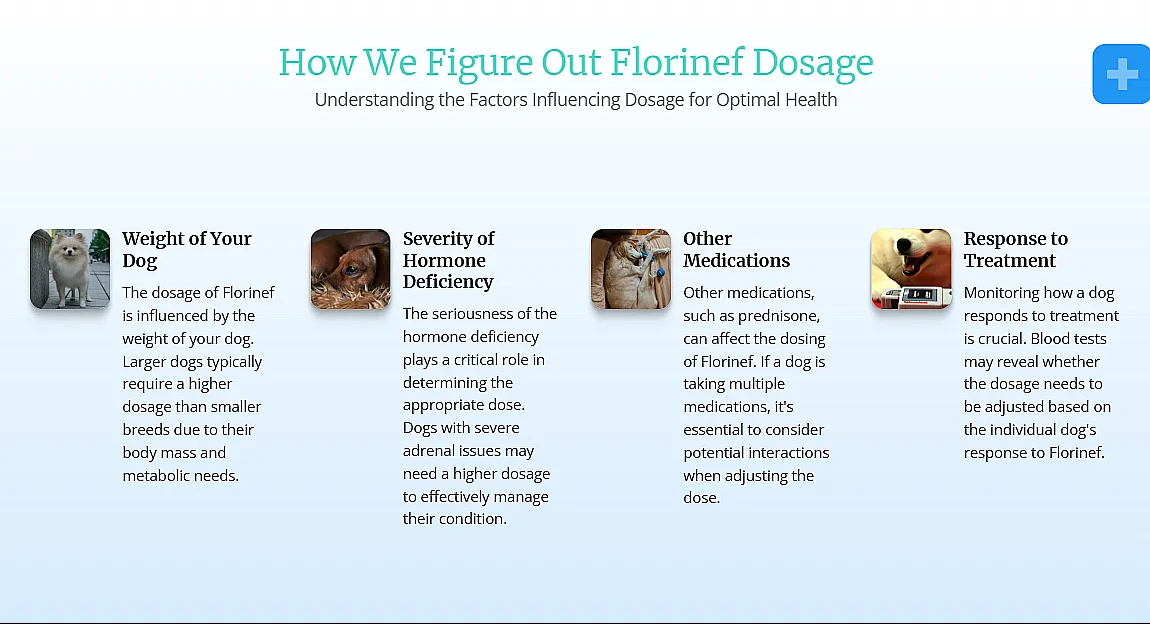As pet owners, we are always concerned about the health and well-being of our furry friends.
A balanced diet plays a vital role in maintaining their health, and as we know, fruits and vegetables are a crucial part of a healthy human diet.
But can dogs eat fruits and vegetables too?
In this article, I will explore the topic in-depth and provide you with all the information you need to make an informed decision about whether to include fruits and vegetables in your dog’s diet.
What Are Fruits and Vegetables Good For?
Before we dive into whether dogs can eat fruits and vegetables, let’s take a moment to understand the benefits of including these foods in your own diet.
Fruits and vegetables are an excellent source of vitamins, minerals, and fiber, which are essential for good health. They can help to reduce the risk of chronic diseases such as heart disease, diabetes, and cancer.
A diet rich in fruits and vegetables can also help to maintain a healthy weight, lower blood pressure, and improve digestion.
Are Fruits and Vegetables Safe for Dogs?
In general, the answer is yes – most fruits and vegetables are safe for dogs to eat. However, there are some exceptions, and it’s essential to know which foods to avoid.
Grapes and raisins, for example, can be toxic to dogs and can cause kidney failure.
Onions and garlic are also toxic and can cause anemia.
Avocado, although safe for humans, contains persin, which can cause vomiting and diarrhea in dogs.
It’s also important to note that some fruits and vegetables may be safe in small quantities but can cause digestive upset if consumed in large amounts.
Which Fruits and Vegetables Are Safe for Dogs?
Now that we know that most fruits and vegetables are safe for dogs, let’s take a closer look at which ones are the best options.
Here are some of the fruits and vegetables that are safe and healthy for dogs to eat:
Fruits
- Apples (remove the seeds and core)
- Bananas (in moderation, as they are high in sugar)
- Blueberries
- Cantaloupe
- Mango
- Oranges (remove the peel and seeds)
- Pineapple
- Strawberries
- Watermelon (remove the seeds)
Vegetables
- Carrots
- Green beans
- Peas
- Pumpkin (cooked and unsweetened)
- Sweet potato (cooked and unsalted)
- Zucchini
How Much Fruits and Vegetables Should You Give Your Dog?
Like with any food, moderation is key when it comes to feeding your dog fruits and vegetables.
Too much of a good thing can cause digestive upset and diarrhea.
As a general rule, fruits and vegetables should make up no more than 10% of your dog’s diet. It’s also important to introduce new foods gradually and monitor your dog for any adverse reactions.
How to Serve Fruits and Vegetables to Your Dog?
When serving fruits and vegetables to your dog, it’s important to prepare them in the right way. Here are some tips to keep in mind:
- Always wash fruits and vegetables thoroughly before serving them to your dog.
- Remove any seeds, cores, pits, and stems, as these can be choking hazards or toxic.
- Cut the fruits and vegetables into small, bite-sized pieces to make them easier to chew and digest.
- Cook vegetables before serving them to your dog to make them more digestible.
Can Fruits and Vegetables Replace Dog Food?
While fruits and vegetables can be a healthy addition to your dog’s diet, they should not replace their regular food.
Dog food is specially formulated to meet all of your dog’s nutritional needs, and fruits and vegetables cannot provide all the necessary nutrients.
The Benefits of Including Fruits and Vegetables in Your Dog’s Diet
Including fruits and vegetables in your dog’s diet can provide a range of health benefits.
As with humans, a diet that is high in fruits and vegetables can help to prevent chronic diseases, reduce inflammation, and promote overall health and well-being.
In addition, fruits and vegetables are a great source of antioxidants, which can help to protect your dog’s cells from damage caused by free radicals.
Fiber is another important nutrient that is found in fruits and vegetables. Fiber helps to promote healthy digestion, regulate bowel movements, and can even help to prevent certain types of cancer.
Including fruits and vegetables in your dog’s diet can also help to keep them feeling full and satisfied, which can be helpful for weight management.
Tips for Introducing Fruits and Vegetables to Your Dog’s Diet
If you’re considering adding fruits and vegetables to your dog’s diet, there are some things to keep in mind.
First, it’s important to introduce new foods gradually, to give your dog’s digestive system time to adjust.
Start with small amounts and gradually increase the portion size over time.
It’s also important to choose fruits and vegetables that are safe for dogs and to avoid those that are toxic or can cause digestive upset.
Stick to the safe options listed above, and always wash and prepare the fruits and vegetables properly before serving them to your pup.
Conclusion
Dogs can eat fruits and vegetables, and there are many benefits to including these foods in their diet.
Fruits and vegetables can provide important nutrients, promote healthy digestion, and help to prevent chronic diseases.
However, it’s important to choose safe options, introduce new foods gradually, and avoid overfeeding your dog.
As always, if you have any concerns about your pup’s diet or health, it’s best to consult with your veterinarian.
FAQs
Can dogs eat all fruits and vegetables?
No, there are some fruits and vegetables that are toxic or can cause digestive upset in dogs. Grapes, raisins, onions, garlic, and avocado are some examples of foods to avoid.
How much fruits and vegetables should I feed my dog?
Fruits and vegetables should make up no more than 10% of your dog’s diet. It’s important to introduce new foods gradually and monitor your dog for any adverse reactions.
Can fruits and vegetables replace dog food?
No, dog food is specially formulated to meet all of your dog’s nutritional needs, and fruits and vegetables cannot provide all the necessary nutrients.
Are there any benefits to feeding my dog organic fruits and vegetables?
There is currently no scientific evidence to suggest that organic fruits and vegetables are any better for dogs than conventionally grown produce.
Can I give my dog supplements instead of fruits and vegetables?
While supplements can be helpful in some cases, it’s always best to provide your dog with nutrients through whole foods whenever possible. Supplements should be used under the guidance of a veterinarian.











